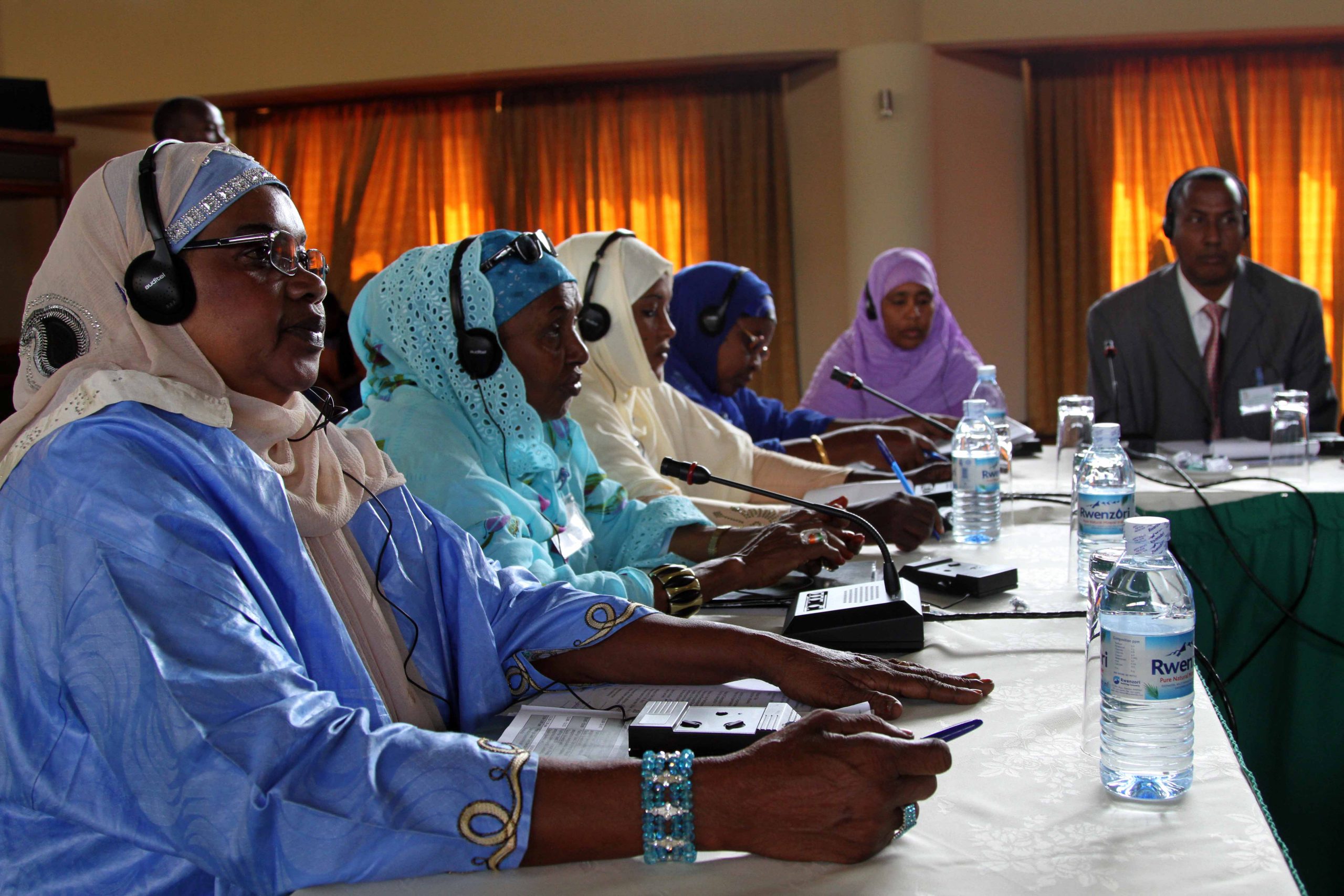Southern and Eastern Africa is characterized by persistent structural obstacles and lingering economic hardships, impeding socioeconomic development and political transformation. Although a good third of the region is governed democratically, democracies no longer constitute the majority as they did a decade ago. Democracies that have witnessed no leadership turnover since gaining independence are becoming increasingly susceptible to corruption and intra-party patronage dynamics. Rare examples of democratic resilience, such as Kenya and Zambia, underscore the importance of civil society and a strategically positioned opposition.
The level of socioeconomic development in the region has dipped by 0.14 points since the BTI 2022. Nearly every economy in the region has recovered from the effects of the COVID-19 pandemic, with Botswana and Rwanda showing exceptional growth in GDP. Significant economic challenges persist, however, as many countries are now contending with mounting inflation worries that are primarily fueled by surging food and energy prices. Prioritizing economic diversification is crucial, especially as some resource-extraction projects clash with climate-protection goals.
Amid the region’s enormous structural challenges, there is a worrying decline in the ability of governments to set priorities and implement policies. Corruption and mismanagement are pervasive, and state institutions have become arenas for intra-party power struggles.
A key factor in addressing the region’s complex problems remains the legitimacy of governments. While the return of Kenya and Zambia to the realm of democracies can be considered a beacon of hope, many countries fall short of levels of political transformation previously achieved.
Anja Osei
Regional Coordinator South and East Africa
Siegmar Schmidt
Regional Coordinator South and East Africa

